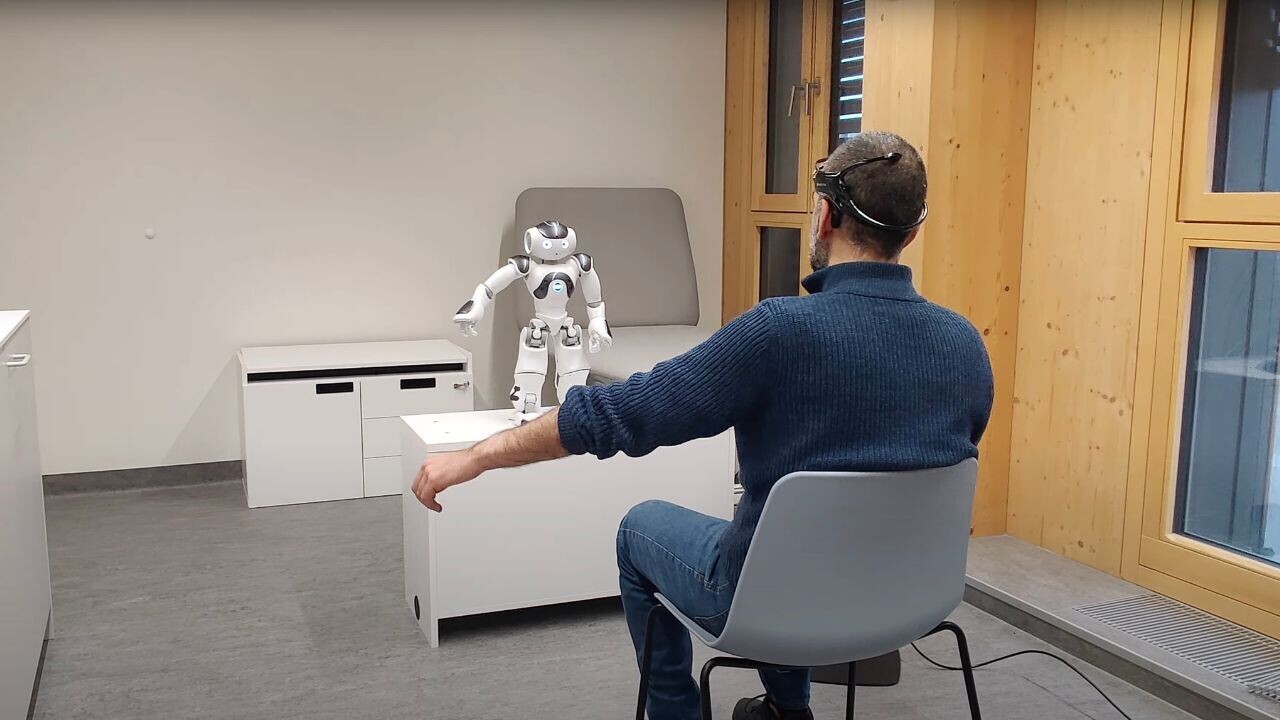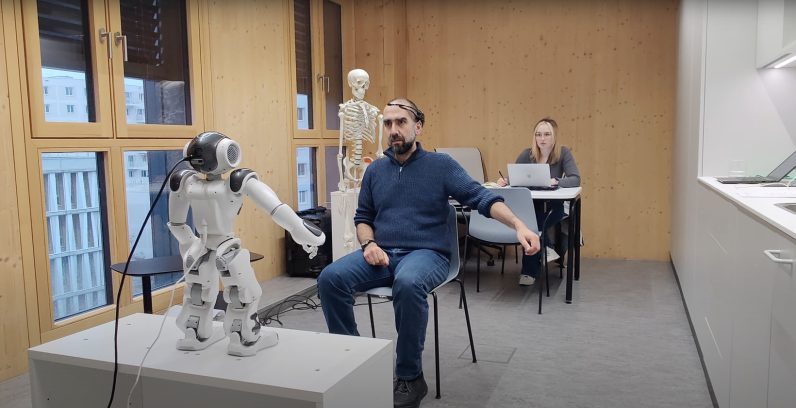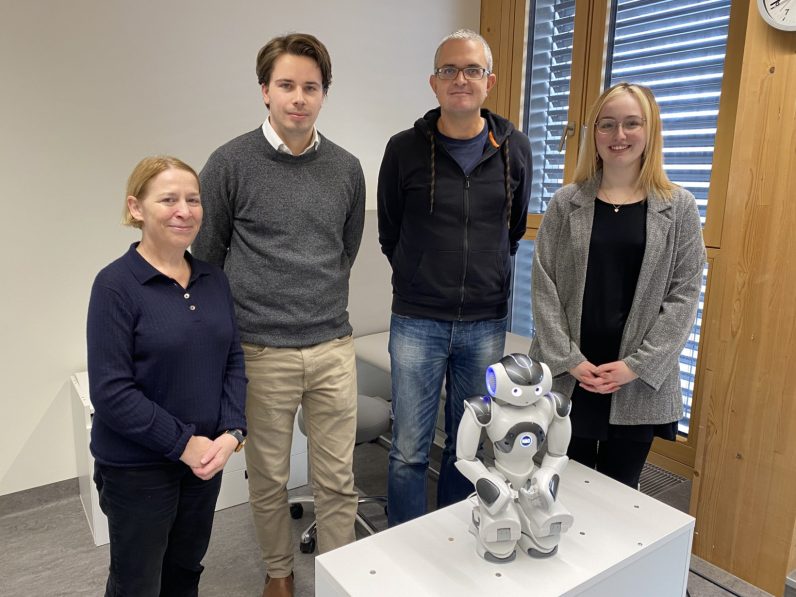
Welcome to china's largest care and rehabilitation expo with 50,000 visitors
Industry News Oct. 09, 2024

Robot coaches that read brain signals could pave a new way for the rehabilitation of stroke and brain injury survivors.
That’s according to the EU-funded VITALISE project, led by researchers from the UK’s National Robotarium and developed in partnership with the AIT Austrian Institute of Technology.
The three-month trial, which was completed in Vienna, targeted individuals with upper limb impairments. These affect approximately 80% of acute stroke survivors and are a common side effect of brain injuries.
Improving arm function in such cases involves practicing task-specific exercises repeatedly. But often, lack of motivation or visual progress indicators can negatively affect prescribed, self-managed rehabilitation routines.
“We know that sustained, repetitive exercises are crucial for recovery after a stroke or brain injury,” said lead researcher Lynne Baillie. “However, without supervision it can be challenging for survivors to stay motivated.”
To explore potential solutions, the project developed a system in which a socially assistive robot communicates with patients using a headset that monitors brain signals.
The robot then processes the data to interpret the patients’ intended movements during different exercises. This enables them to provide real-time motivation and feedback, and even mimic movements to demonstrate an exercise.

Researchers trialing the robot’s ability to interpret brain signals and mimic movements. Credit: VITALISE
The team tested the technology with 16 stroke and brain injury patients to evaluate the system’s ease of use and the robot’s ability to motivate exercise and build user trust.
“The robot quickly learned how each individual reacted and was very effective in understanding intention and mimicking movements. The patients all said interacting with the robot was a motivational experience,” Baillie told TNW.
“The hope is that we can organise trials in Scottish hospitals to further develop and improve the technology. We’re having very positive conversations with the NHS in this regard.”

Professor Lynne Baillie (left) and project researchers. Credit: VITALISE
The potential of robot coaches in stroke rehabilitation has been attracting various research efforts in the past couple of years. And while the technology hasn’t spun out of academia yet, it promises to improve patient engagement through social interaction.